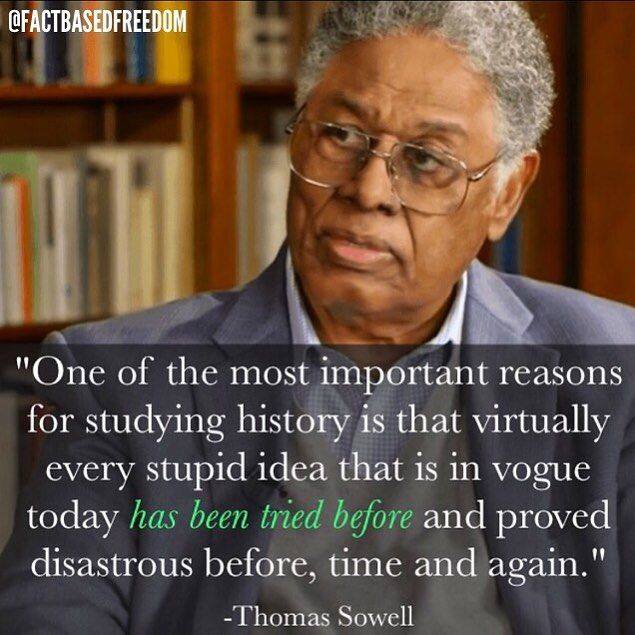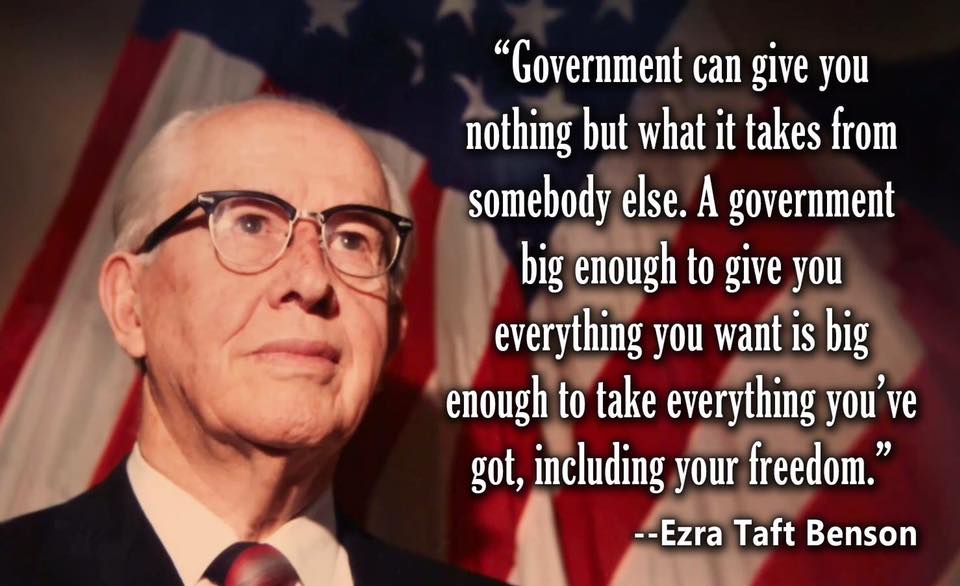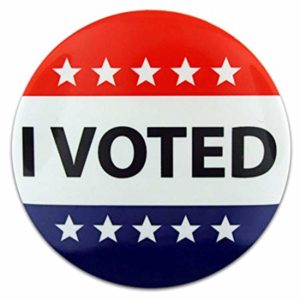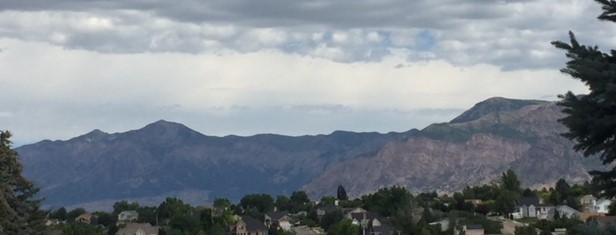“Principles before Personalities” is one of the often heard phrases in 12-Step Programs. The idea is closely related to “Content is more important than presentation” and “The message is more important than the messenger”.
Yet, we live in a world immersed in entertainment. We tend to worship celebrities, hanging on their every word, as if they know anything about what they are talking about. We want to be entertained, emotionally moved and excited. We are drawn to charismatic people who say things that make us feel good.
Celebrities and politicians are expert in using “flattering words”. It is easy to get caught up in the emotion of a speech and a crowd, until we find ourselves thinking, “wait a minute, what am I cheering?” Unfortunately, many never do pause and think. They just get carried along, repeating slogans and sound bites without thought of what they really mean or what principles they promote.
Founding Personalities
The founders of the United States knew well the range of personalities among themselves, with their unique strengths and weaknesses. These strong personalities provided challenges, especially during the writing of our Constitution. But they also provided differing, yet valuable, perspectives.
The founders probably anticipated that throughout the history of this new Nation, there would be a variety of personalities, abilities and even character among it’s leaders. They designed the government to be able to withstand occasional bad leaders. The Constitution was built upon sound principles, with a system of checks and balances.
Possible Combinations of Principles & Personalities:
Good Principles & Personalities. The ideal situation, of course, would be a having a leader with not simply a strong personality, but more importantly a strong and good character, combined with government based on good sound principles.
Good Principles & not so good Personalities. If we happen to elect a weak leader, or one of questionable character, we still may be on safe ground if all those in government adhere to good principles. A weak leader may try to promote unsound principles, but his weakness might make him ineffective, especially with other good leaders around to keep things under control and the checks and balances within our government.
Bad Principles & Personalities. The worst case would be a strong and charismatic but morally corrupt leader promoting principles that are not sound or good. This would be a potential tyrant.
The Greater Danger
There is so much focus on words in our world today. More important than what a politician says is what he actually does. All politicians make campaign promises, many very unrealistic. While this can give one an idea of what principles they promote, the better barometer is to look at what they actually do. Are their actions consistent with principles we as Americans hold dear? Do their actions predict that they will uphold the Constitution or attempt to alter it?
Our Constitution was constructed to withstand a term with an unlikeable, unpopular or ineffective President. Every four years we have the opportunity to choose someone else – someone we may actually dislike just as much for other reasons.
What our nation may not withstand is a President who abuses his power to undermine and alter the principles within the Constitution. That is a much greater danger than being led by someone we dislike.
The current promotion of unsound principles which are contrary to those principles underlying our constitution and government, seriously threatens freedom. This is especially so with those efforts which are aimed at revoking some of the bill of rights and promoting socialism.
Some Suggestions
Don’t vote for someone just because you “like them” more than others, or because you “hate” someone else. Elections are not popularity contests. We are not choosing someone to socialize with. We are choosing someone to lead. Listen to their messages and the principles they are promoting. Look at what they have done.
Study the Constitution and the principles upon which it is founded. Use those principles as your standard against which to judge the slogans and promises and proposals of politicians.
Study the history of our great Nation. Become familiar with the principles for which our founders and many since have sacrificed their lives and honor. Don’t make their sacrifices in vain by rejecting those principles and undoing their work to preserve our freedoms.
Good leadership is important. Preserving our freedoms through adhering to the principles upon which this nation was founded may be ultimately more important.







